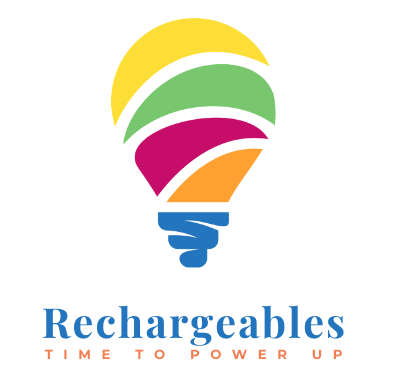In South Africa, there are certain exemptions and exceptions to load shedding. Here are some key considerations:
-
Critical Services: Critical services such as hospitals, emergency services, and water supply facilities are generally exempted or given priority during load shedding. These services require uninterrupted power supply to ensure public safety and well-being. However, it's important to note that while efforts are made to minimize the impact on critical services, they may still experience occasional power disruptions in exceptional circumstances.
-
Local Agreements: Some industrial and commercial customers may have specific agreements with the power utility, Eskom, or their local municipalities that grant them exemptions or modified load shedding schedules based on their critical infrastructure needs. These agreements are typically negotiated on a case-by-case basis.
-
Load Shedding Groups: Eskom categorizes customers into different load shedding groups, often referred to as "blocks" or "stages." These groups are based on factors such as geographical location, infrastructure, and historical consumption patterns. The purpose is to ensure that load shedding is distributed fairly across different areas and customer segments. Depending on the group allocation, certain customers may experience load shedding less frequently or for shorter durations compared to others.
-
Unforeseen Circumstances: Load shedding schedules are planned in advance, but unforeseen circumstances such as equipment failures or sudden changes in demand may require adjustments or exceptions to the planned load shedding. Eskom may provide updates and communicate any changes to the load shedding schedules as necessary.

